
How do you engage Generation Z?
Jennate Mdidech [TBS Education 2023]
Jennate grew up and studied in Rabat until 2022. Very active from the age of 14, particularly in voluntary work, she initially set her sights on studying pharmacy, before changing course to take a Bachelor's degree in Management Sciences at the TBS Education campus in Casablanca. She moved to Toulouse two years ago to complete her studies, and then went on to take a Master's degree in communications.
Recruited by Cosmopolis, the operating company of Les Halles de la Cartoucherie in Toulouse, for her work-study program, she is involved in managing and coordinating work spaces within Les Halles and the "Mon bureau près de chez moi" scheme, an alternative to home-based teleworking for private-sector employees. She also handles B2B promotion. Jennate is an attentive and pertinent observer of the changing relationship to work that is at work in the new generations.
"There's a gap between the boomers and generation Z, which is more informed through social networks and more involved in the transformations of society in relation to societal and environmental issues," she declares.
"There's a gap between boomers and Generation Z."
This commitment is reflected in the lifestyle choices young people make, and particularly in their choice of career and the companies they wish to join. Beyond salary, they are keen to join organizations whose values they share, where management allows them a degree of autonomy and initiative, while recognizing their ability to make an independent contribution to the company. Their conception of hierarchy has more to do with support for professional development than with vertical or directive management. These collaborative approaches to organizations are also reflected in a growing appetite for human-scale companies and business start-ups.
Jennate has already had some entrepreneurial experience, setting up a social media agency in Rabat in 2020.Various examples of "horizontal" types of management, more in line with Jennate's aspirations and those of her generation, are mentioned, such as Spotify, a company of a few thousand employees that has preserved its start-up agility thanks to its organizational model ["The Spotify model is an autonomous, people-driven approach for scaling Agile"] or the management observed in Nordic countries during a previous interview with Marion Ladier in Norway (Master Innovation & 2008)...
Her generation's holy grail: "A better work-life balance".

Unsurprisingly, Jennate cites nomadism and the opportunities offered by teleworking among the factors changing the relationship to work. In particular, telecommuting can open the door to her generation's Holy Grail: "A better work-life balance". Working abroad for several weeks, as some major digital groups offer, or building a peaceful life in medium-sized towns where the quality of life is gentler than in metropolises, and more conducive to personal and family fulfillment.
"In five to ten years' time, I'd like to be living in the countryside or by the sea, in a setting that's conducive to disconnection, where I can recharge my batteries and escape the constant need to be available, which is omnipresent in big cities with their hectic pace driven by social networks.
So, in contrast to the ready-made trajectory of a boomer's career in a large group, Jennate's generation aspires to a personalized path, nurtured by different experiences in inspiring organizations, to achieve fulfillment in both their professional and private lives.
It's no longer a question of succeeding in life, but of succeeding in life!
Interview by Pierre Souloumiac (TBS Education 1988)





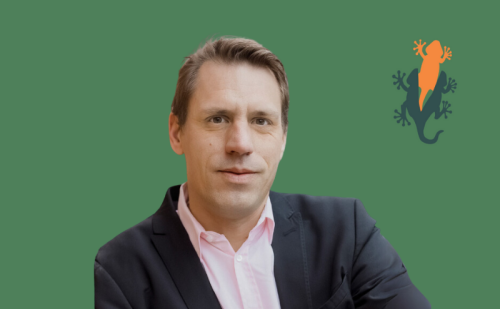
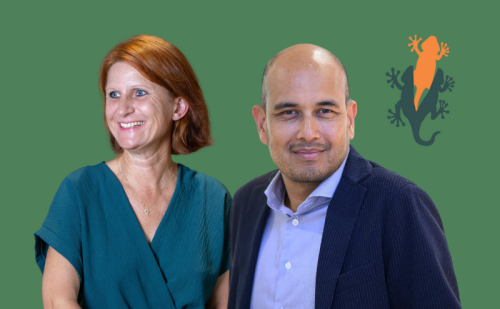
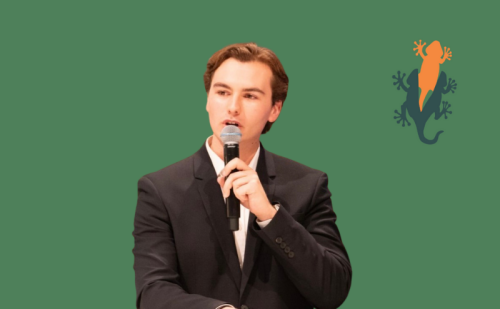
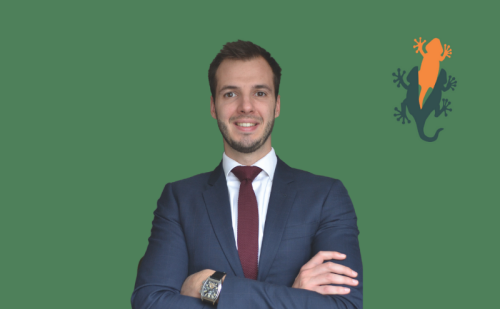
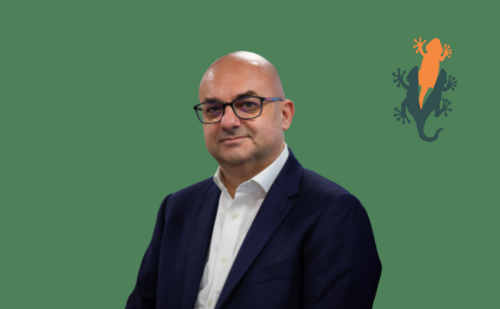
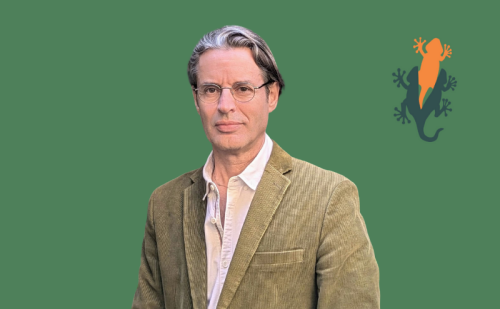

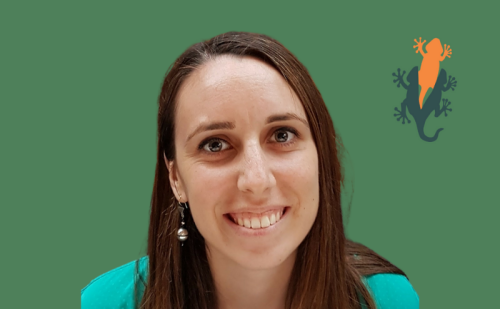
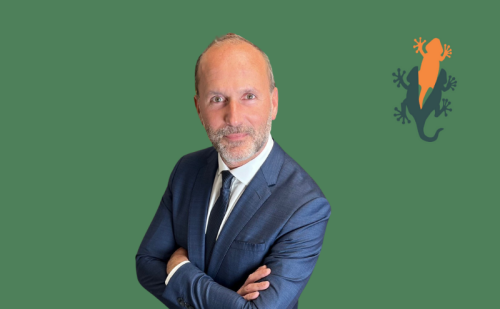

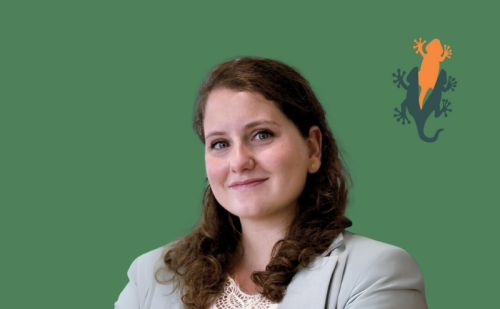


No comment
Log in to post comment. Log in.